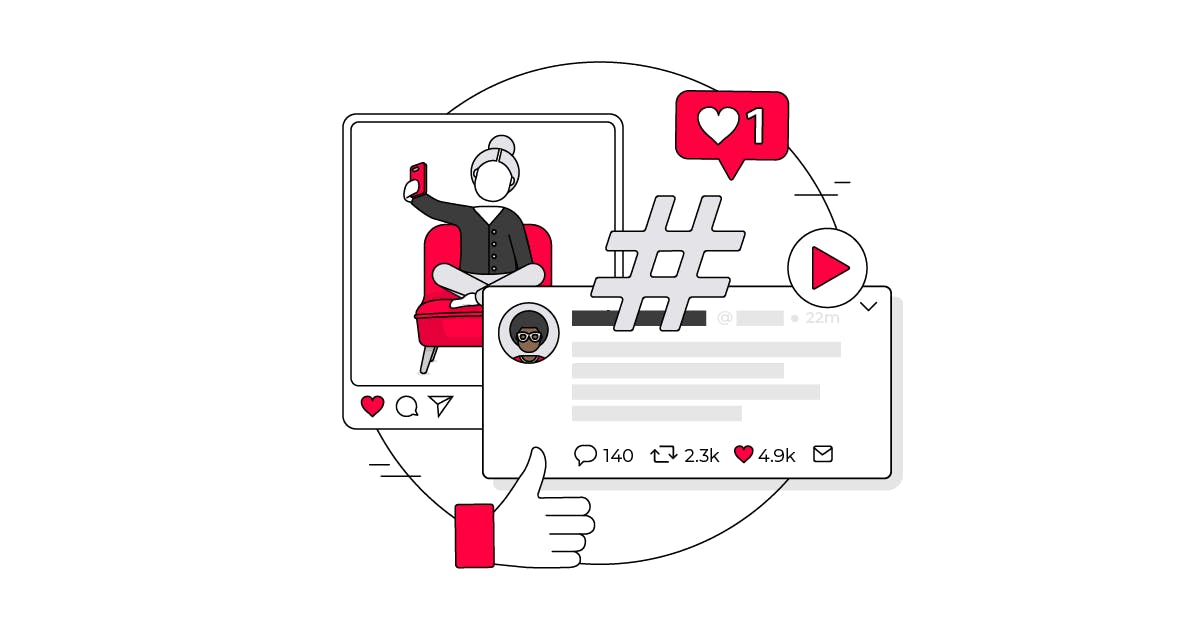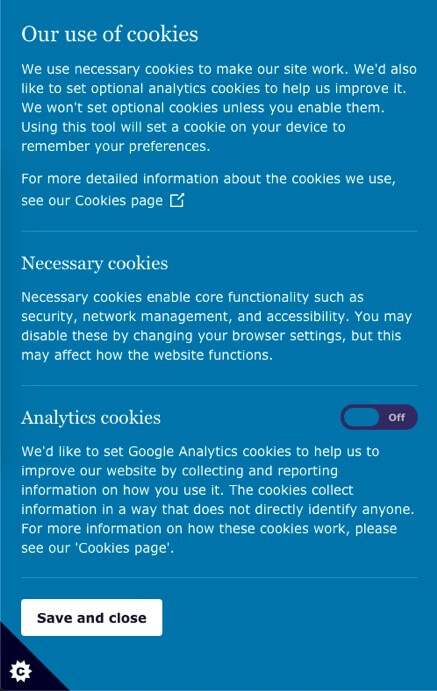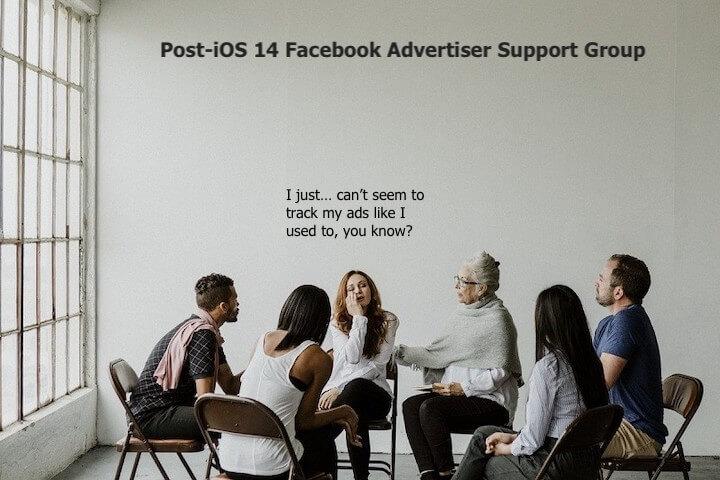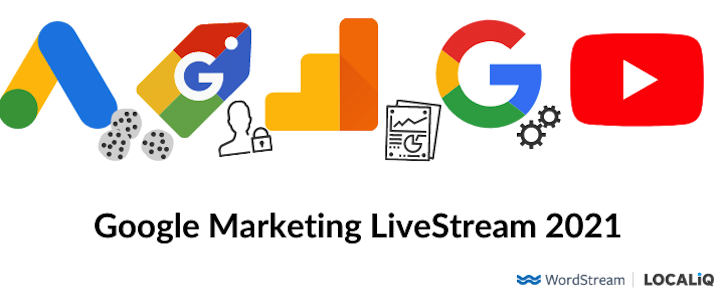
The Mental Health Foundation, creators of Mental Health Awareness Week, launched its 2021 campaign this time focusing on how connecting with nature can help support your mental wellbeing.
Prominent figures and brands in the sector, including Raheem Sterling, Lewis Hamilton, the Rugby Union, the Premier League, Adidas and Sky Sports opted not to post any content across the span of four days from Friday April 30th to Monday 3rd May in order to help tackle, and raise awareness of, the issue. They also urged social media companies to do more to regulate hateful posts surrounding the discussion of sports on their platforms and make it a more positive, and safer, space for conversation.
Speaking to the BBC, Troy Deeney explained: “I think the huge part about this is it’s only four days, it could give people a perspective of what life could be like without a huge amount of sporting stars on [social media].”
YouTube launches multimillion pound vaccination campaign backed by NHS
The sporting community across social media went even further this month, joining together in a boycott against online hate and discrimination in sport.
[embedded content]
[embedded content]
— Mental Health Fdn (@mentalhealth) May 14, 2021
Snapchat – ‘Speech to Street’
— VMLY&R London (@VMLYRLondon) May 5, 2021
YouTube has launched a new campaign, backed by the NHS, to tackle Covid-19 vaccine hesitancy among young people in the UK. With YouTube ranking as one of the most popular social apps among the 16-30 year-old age cohort, the activation is most likely to reach its target audience there.
Famous faces like comedian Russell Kane, athlete Leon McKenzie and presenter Jamie Laing, to name just a few, explored the topic further on the charity’s official Instagram feed under the hashtag #CALMBodyTalks. They opened up about their own insecurities which have been worsened by social media and advertising, such as weight gain, hair loss, and comparison against others, in an effort to inspire other men to raise their own similar issues with friends and family.
????More than half UK adults surveyed for #MentalHealthAwarenessWeek agreed that ‘spending time in my garden’ supports their mental health. Learn more: #ConnectWithNature #FridayThoughts https://t.co/CZoO90G66x
[embedded content]
#CALMBodyTalks
This campaign comes after the platform announced it now facilitates more than 5 billion searches per month after a rapid period of growth spurred on by the pandemic, up from 2 billion in 2016.
In this edition, the likes of CALM and the Mental Health Foundation have been weighing in on Mental Health Awareness Week, which occurred 10th-16th May. Social media communities have also been responding to campaigns regarding equality and diversity in sports, as well as on the continued rollout of the vaccination program in the UK.
A lighthearted short, it explores how some users can go from pinning tips about woodworking to finding their next favourite kind of nail art; a journey of discovery which is reflective of the platform’s new catchy tagline ‘you just might surprise yourself’.
Mental Health Foundation – #MentalHealthAwarenessWeek
CALM asked 2000 men about their experiences, revealing some shocking statistics including that 35% of men are unhappy with their physical appearance and nearly half have struggled with their mental health as a result of negative body image.
— Kick It Out (@kickitout) April 30, 2021
This month, Snap and advertising agency VMLY&R teamed up to create a brand new AR lens for the Snapchat platform to help enable Gen Z speak out on their political views ahead of the UK’s local and mayoral elections.
It’s that time again when we look back on the best social stories from the last month.
Check out our new Speech to Street campaign! Created in partnership with @Snapchat the AR lens experience aims to empower young people to have their say on key political issues ahead of tomorrow’s local elections. @CreativeEquals https://t.co/7cAi7Ax5ev pic.twitter.com/1W5JX5U5qn
Today, from 3pm, English football and wider sport, stands together against online abuse.
Pinterest – You just might surprise yourself
The boycott occurred in partnership with Kick It Out, a not-for-profit organisation which campaigns for equality in football and the wider sporting world. Kick It Out’s four key social media demands include the improved prevention of online abuse, verifying anonymous accounts, heightening punishments for those who choose to post abuse and involving government intervention where necessary.
Pinterest has launched its latest activation which will be served across TV, OOH, audio formats and, of course, social media. The campaign, led by a flagship video ad, follows a number of Pinterest users as they search for inspiration across topics ranging from fashion and beauty to cooking and home décor.
In a press release, Andréa Mallard, CMO at Pinterest, explained, “We all know time is our most precious resource and yet we give it up so freely to things that give us nothing in return. Pinterest is the invitation to reclaim some of that time. To explore with it, experiment with it and put purpose to how we spend it.”
To accompany its social media efforts, the Mental Health Foundation also released a short series of podcasts on the theme, as well as a short film featuring stories from the British public about what nature means to them and how it helps them cope with the stresses of everyday life.
YouTube has also recruited a few of its most influential users to help spread the message, such as lifestyle guru Leena Normington and football blogger Robbie Lyle, in a series of longer films designed to debunk the vaccine myths floating around the internet.
Sports teams, brands and stars join together in social media boycott
Findings from earlier research found that topics like Mental Health, the NHS and wages were most commonly cited by young people prior to the elections. These key themes were then adapted into a series of animated AR stickers which served as colourful backdrops for Snapchatters who wanted to have their say.
Titled ‘Let’s Not Go Back’, it includes 12 YouTube video ads, as well as wider OOH variations, that serve as a reminder of the individual sacrifices made during national lockdowns and the importance of receiving the jab. The multi-million pound campaign began circulating in mid-May after concerns that the spread of vaccine misinformation across social media was becoming rife, despite concerted efforts by platforms to control it.
Similarly, not-for-profit CALM (Campaign Against Living Miserably) put a spotlight on body-positivity and mental health this month by posting a series of infographics and interviews as part of a wider conversation around negative body image in men.
Join us and switch off too, as we collectively demand change.#TakeAStand | #StopOnlineAbuse pic.twitter.com/BhJCZyOKv3
For a deeper dive into social media platform innovation, head over to The Social Quarterly Report.
Throughout the week, the charity posted a number of interesting illustrated statistics, drawn from a recent survey, and plenty of tips and tricks on how to make the most of your natural surroundings, particularly following a long period of Covid-19 restrictions. Advice circulated during the campaign included starting a nature journal, looking in detail at your surroundings, and taking trips to the local park, especially if you live in an urban area.
Let’s get into it.
The ‘Speech to Street’ campaign aimed to encourage young people to get inspired about local politics, discuss the issues closest to them with friends on the app and ultimately head to the ballot box in larger numbers.





